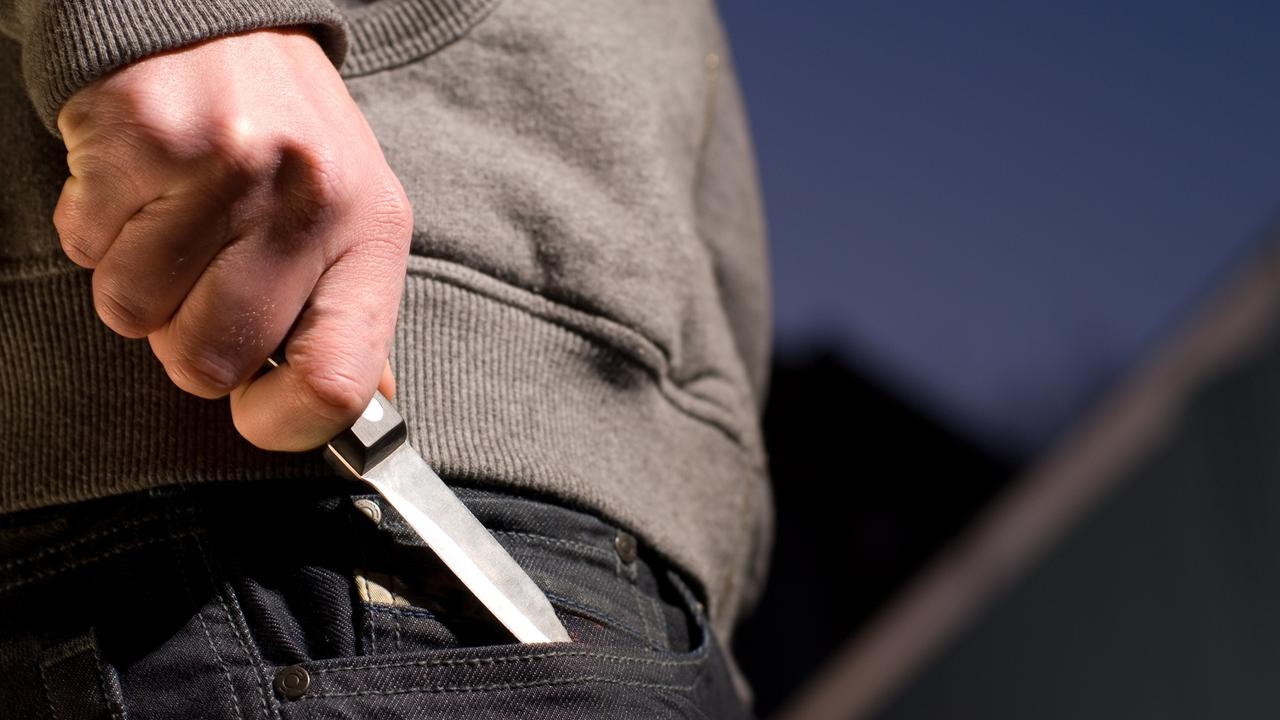Pro tips to keep your furry friend safe this Summer
Get the lowdown on how you can better prepare to ensure your best friend stays safe in the heat this Summer.
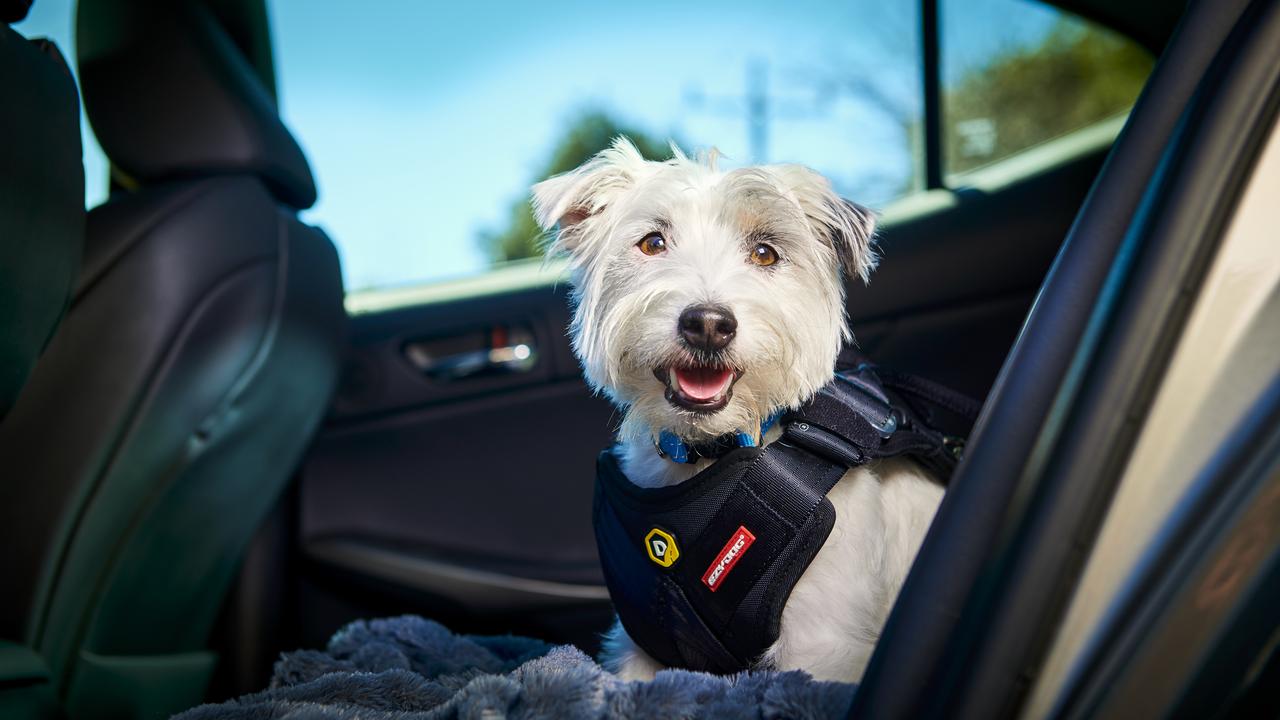
Chinchilla
Don't miss out on the headlines from Chinchilla. Followed categories will be added to My News.
SUMMER holidays aren't complete unless your pet can join the fun as well.
News Corp spoke to PETstock along with PETstock vet Dr Hay Chung who have put together some essential travel tips to have a stress-free and enjoyable holiday for the entire family.
Whether you're planning a long holiday or a day trip to the beach, the same thought and preparation should be given to the comfort and needs of your pet. Pre, during and post-holiday checklists should include the logistic arrangements for safe car travelling, how to make your pet feel comfortable at the destination and throughout the stay, and signs to look out for if your pet isn't feeling well.
On the road
While there aren't any laws stating that pets must wear car restraints, under the Prevention of Cruelty to Animals Act owners are liable if their pets are injured and can face up to six months' jail plus fines of up to $5,500.
Making sure your buddy is secure by travelling with a drive harness and anchor, pet carrier or cargo barrier installed will ensure you and your pet's safety during transit.
Pets can't distract you with the typical 'are we there yet?' questions, but there are other signs your pet can give to let you know when they're feeling uncomfortable or bored.
Regular pit stops with rest areas to stretch legs and toilet breaks should be mapped out in advance.
If your pet is a nervous traveller, try a calming pet spray on their bed or blanket in the car.
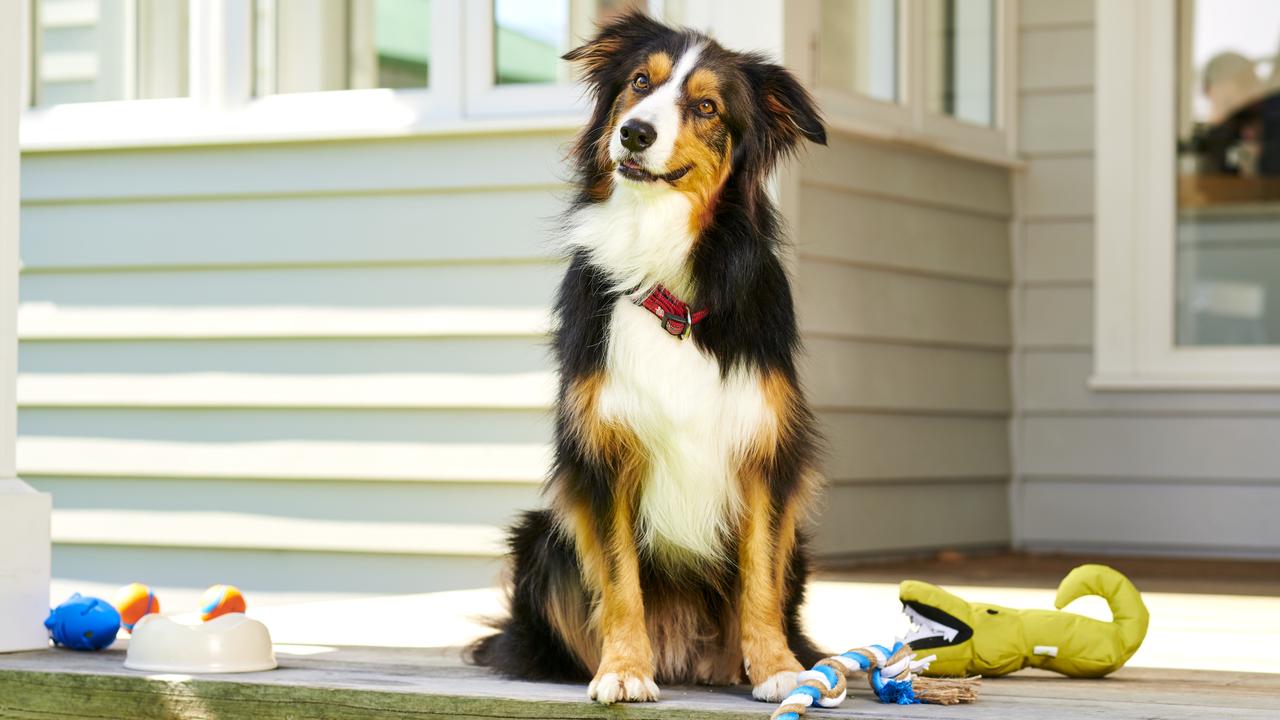
Travel essentials
Whether you're headed on a long holiday or just visiting the beach to cool off, preparing a graband-go pack for your fur baby will ensure nothing is left behind. Must-have items to pack include:
• Water - during the warmer months, temperatures can soar above 35 degrees, it's crucial pet owners ensure their pets stay cool and hydrated.
Water prevents overheating, so fill up your pooch's water bottle on the day and pre-pack a collapsible travelling water bowl.
• Poo bags - being a responsible pet owner means cleaning up after them. Beco has released Eco Friendly Poop Bags, making it easier to bag it and bin it, with the added benefit of being environmentally conscious.
• Toys - "Ensuring your dog has regular exercise is necessary to maintain their optimal physical health and mental wellbeing" Dr Hay Chung said.
• First aid - don't forget to pack a first-aid kit, including any necessary medication that your pet might need over the holiday period.
Heat stroke is a real risk, especially for energetic dogs and in certain breeds such as Bulldogs, Pugs and Boston Terriers due to their short noses.
Be aware of the signs of heat stroke that include heavy panting, vomiting, and lethargy and in severe cases dogs can seem dazed and lose consciousness.

What to do if your dog is suffering heat stroke
Remember to never leave your pet alone in a car, even if the weather doesn't seem warm. If you suspect a heat stroke attack, pour water over your pet, provide water for drinking and drive them straight to the vet with air conditioning on maximum.
Contrary to what you might think, do not wrap your friend in a wet towel as it might prevent further heat from escaping.
Comfortable accommodation and signs of distress
Before you book your accommodation, call ahead to confirm the space is pet-friendly and whether they have other restrictions including pet-bonds and vaccination records.
Closer to the trip, it's good to have a vet check up to make sure your pet is microchipped, healthy and vaccinations are up to date.
Your vet may even be able to assist in providing details of a vet at your holiday destination, should it be required as well as location specific medication such as tick prevention, which can be particularly prevalent along the East Coast of Australia.
When going to a new home or staying in a holiday house, pets can sometimes feel uneasy or anxious about their new surroundings.
To ensure a smooth transition, we recommend packing the same bedding they use at home. "Do not wash their bedding beforehand as the familiar smell and feel of the bed will help make your pet feel comfortable and safe" Dr Hay Chung said.
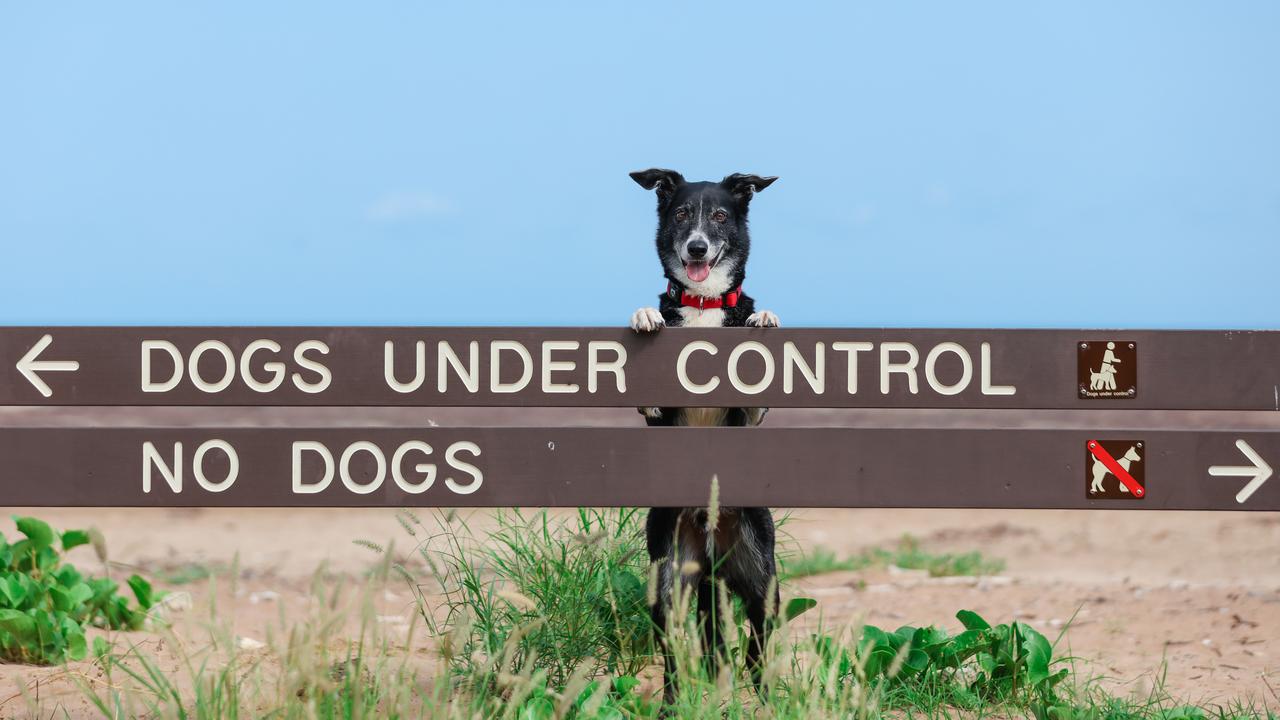
Beach safety
Long days and warm nights mean there's no better time than summer to exercise your dog at the beach.
While beaches are a great place for your buddy to play, PETstock is reminding owners to be wary of the hidden dangers this season.
While dogs love a day on the beach, it's important that pet owners keep a close eye for any potential risks that could spoil a great day out.
Things to look out for include jellyfish, snakes, ticks, things that can be swallowed and signs of heat stroke.
Beach safety tips from PETstock VET Dr Hay Chung:
• Be prepared - take plenty of water, a bowl, towels, sunscreen, (for you and your buddy) and poo bags.
• Keep an eye on your buddy - make sure they are always within eyesight (and earshot) so you can catch them before they touch something they shouldn't.
• Jellyfish stings can cause local pain and swelling, but poisonous jellyfish stings can cause swelling of the head and face, wobbliness, hives, drooling and anaphylactic reactions.
If you notice these signs, you should take your dog to a vet immediately.
• Always be on the lookout for snakes, which like to sunbathe on warm days, particularly on warm rocks. An inquisitive dog may get bitten, so keep an eye on your buddy and monitor them for signs of a snake bite - lethargy, wobbliness, drooling and vomiting.
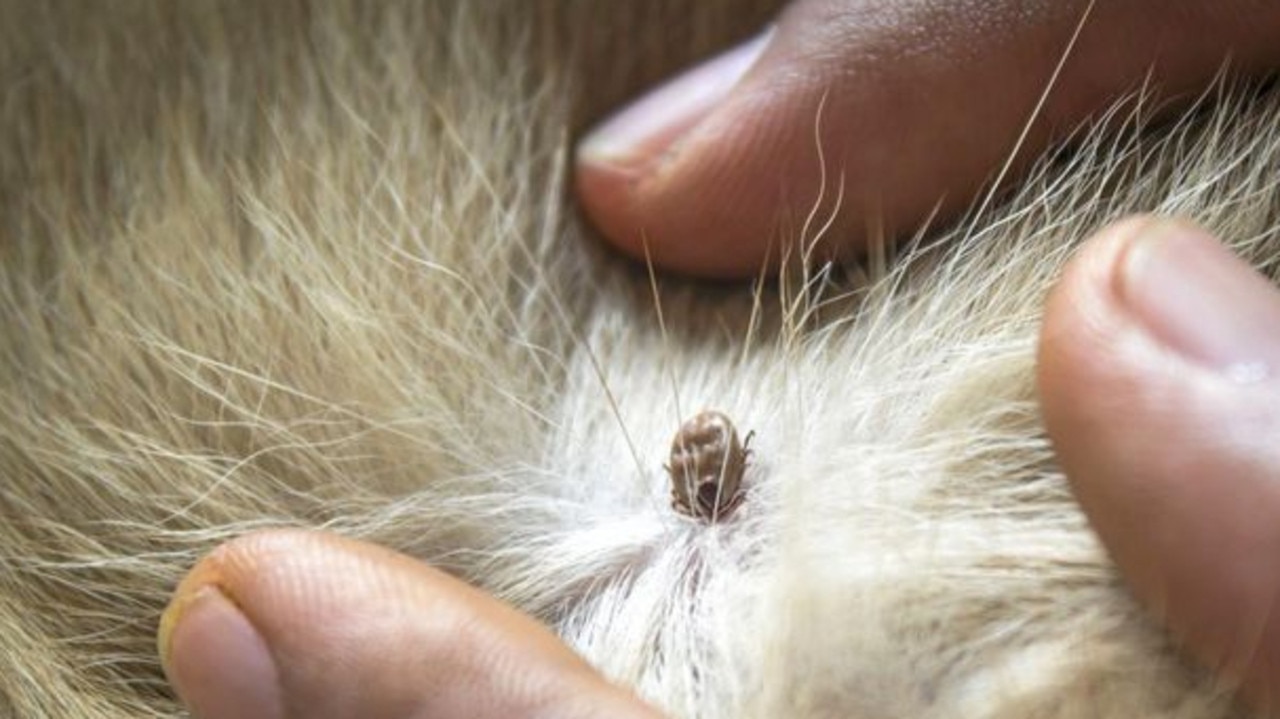
• The paralysis tick is found along the eastern coast from Cooktown in Queensland to Lakes Entrance in Victoria.
As the name suggests, this tick causes paralysis starting from the hind legs, then spreading to the front legs. If you are travelling to these coastal areas in spring/summer, it is recommended that you use appropriate tick protection.
• Fishy treats - Many dogs are inclined to chew or swallow things likebait or fish hooks, because they smell fishy. In some cases, this can cause diarrhoea and vomiting. In more severe cases, the object may need to be surgically removed.
• Heat stroke is another risk on warm days, particularly with energetic dogs.
Heat stroke happens when the dog's body temperature gets too high.
This is caused by a combination of hot weather, high-energy activities such as running, and sometimes dehydration.
To reduce the risk of heat stroke, avoid visiting the beach in the hottest part of the day - mornings or late afternoons are best.

• Skin cancer - Like humans, pets are susceptible to skin cancer so make sure to keep your buddy protected with pet-friendly sunscreen - this is particularly important for dogs with exposed skin, pink noses or short hair.
• Monitor them back home - be aware of any odd behaviour, your buddy could be dehydrated or feeling unwell.
Contact your closest vet immediately if you are concerned.





